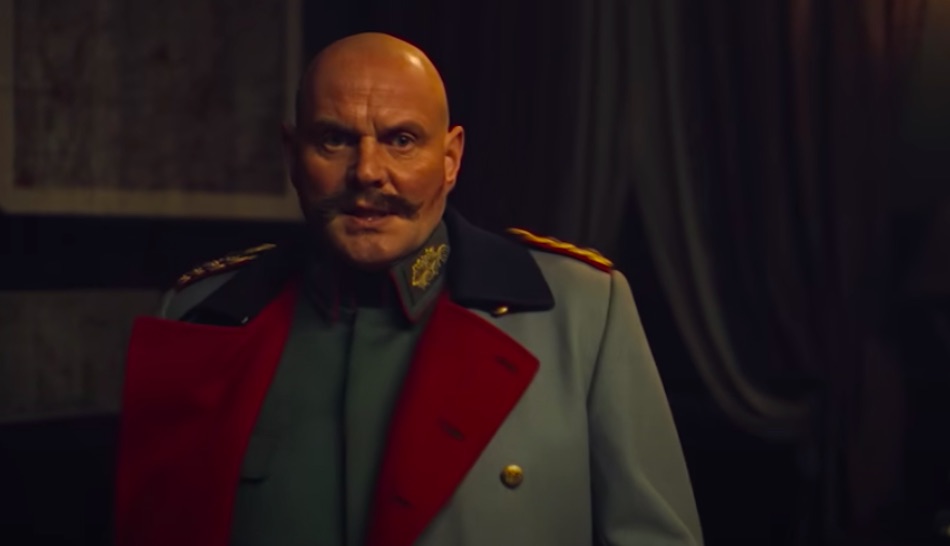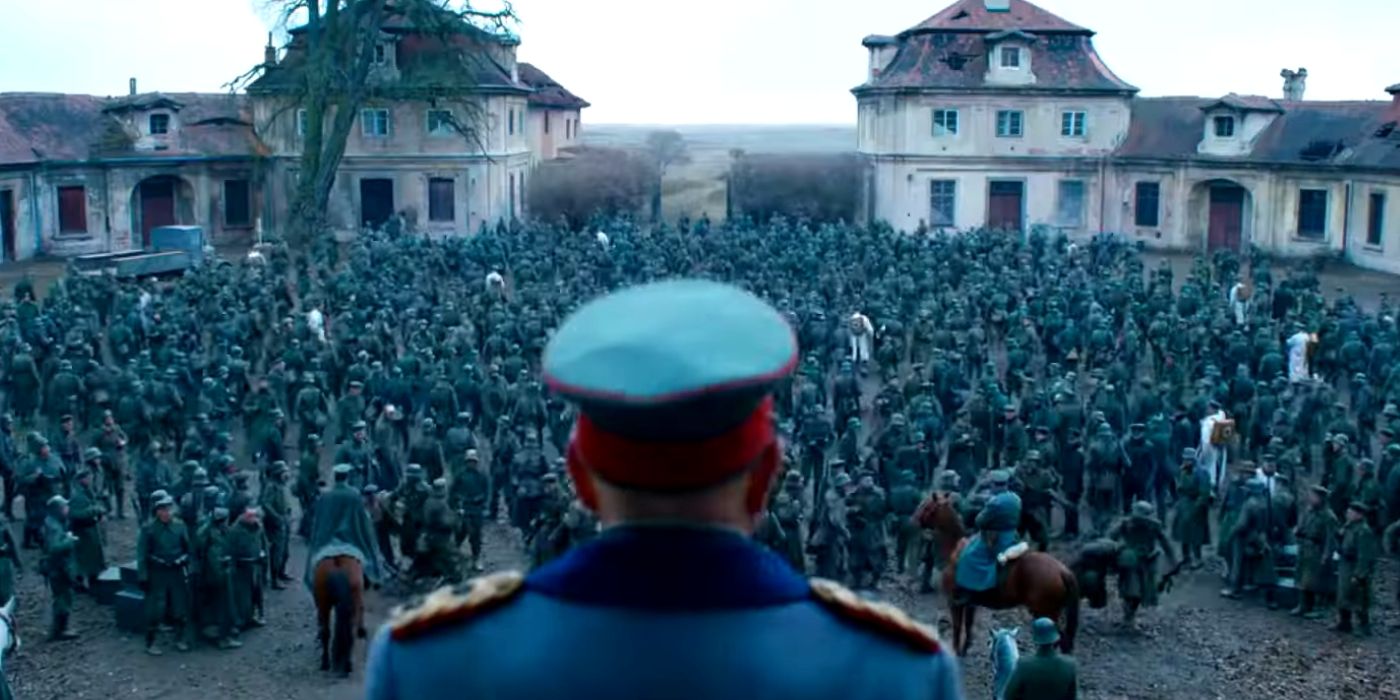Is the future of strategic defense truly defined by a single individual or a collective of minds and resources? The evolving landscape of global security is increasingly shaped by those who occupy positions of immense responsibility, the individuals who, by their very roles, become the face and the driving force of their respective organizations, shaping policy, and influencing the trajectory of nations; these are the individuals known as Front Generals, often serving as the linchpin of operations in areas like defense, intelligence, and military strategy.
The concept of a "Front General" transcends a mere title; it embodies a specific type of leadership, one that operates at the forefront of strategic decision-making. Whether leading troops in the field, shaping diplomatic negotiations, or managing complex intelligence operations, these figures are often the first and last line of defense. Their actions, decisions, and public image have a profound impact on national and international affairs. This article seeks to delve deeper into this concept, exploring the role of these key figures in shaping the contemporary world, from strategic planning to the application of military might, and the complex web of influence they navigate.
| Category | Details |
|---|---|
| Name (Hypothetical) | General Marcus Thorne |
| Date of Birth | March 15, 1965 |
| Place of Birth | Chicago, Illinois, USA |
| Nationality | American |
| Education | United States Military Academy (West Point), Master of Science in Strategic Studies |
| Career Highlights | Commander of the 3rd Infantry Division, Served in multiple combat zones, Director of the Joint Staff, Currently serving as a high-ranking official in the Department of Defense |
| Professional Affiliations | Association of the United States Army (AUSA), Council on Foreign Relations |
| Notable Publications/Speeches | Numerous articles in military journals, frequent speaker at strategic forums |
| Awards and Decorations | Distinguished Service Medal, Silver Star, Bronze Star Medal (with Valor device) |
| Link to Authentic Website for Reference | Department of Defense Official Website |
The responsibility borne by a Front General is, in many ways, unprecedented. The scope of their decisions is vast, touching upon everything from national security to international relations. Consider the implications of a single decision, a strategic assessment, or even a public statement from such a figure. The reverberations can be felt across the globe, influencing markets, shaping public opinion, and, crucially, impacting the lives of countless individuals. The weight of these responsibilities necessitates a specific skill set, a combination of strategic acumen, exceptional leadership qualities, and the ability to navigate the complex interplay of political, economic, and social factors.
The evolution of the role is tied to the changing nature of warfare and global power dynamics. In the past, the term might have been primarily associated with battlefield commanders, the individuals leading troops into combat. Today, the definition is broader. It encompasses figures leading complex operations in the digital sphere, managing intelligence agencies, or coordinating international coalitions. The demands have grown exponentially, requiring individuals who are not only experts in their respective fields but also skilled communicators, adept diplomats, and astute political strategists.
One of the key characteristics of a Front General is the ability to think strategically. This involves not just understanding the immediate challenges but also anticipating future threats, evaluating long-term consequences, and developing comprehensive plans to achieve specific objectives. It requires a deep understanding of geopolitics, military technology, and the economic forces that shape the global landscape. Furthermore, this strategic vision must be coupled with the capacity to translate these complex plans into actionable strategies, ensuring that objectives are clearly defined and resources are allocated effectively.
In addition to strategic thinking, effective leadership is a critical component. A Front General must inspire confidence and trust within their organization, fostering a culture of collaboration and innovation. They must be able to motivate and guide their teams, ensuring that everyone is working towards a common goal. This leadership extends beyond the internal environment, encompassing the ability to build relationships with allies, navigate complex political dynamics, and effectively communicate their message to the public.
The role of the Front General is also defined by their relationship with the media and public perception. In an era of instant communication and widespread information, these figures are often under intense scrutiny. Their every action, statement, and even their personal life is subject to public examination. This places an additional burden on them, requiring them to be skilled communicators, able to articulate their positions clearly and defend their decisions effectively. The ability to shape public opinion, manage perceptions, and maintain credibility is an essential aspect of their role.
Another aspect of their work involves collaboration with other entities and international organizations. No single nation, no matter how powerful, can face complex threats alone. Front Generals often must work with allies, international organizations, and non-governmental organizations. This collaboration requires diplomatic skills, the ability to build trust and mutual understanding, and the capacity to navigate the diverse interests of various stakeholders. They must be able to negotiate agreements, coordinate operations, and manage conflicts with a high degree of skill and finesse.
Moreover, these individuals frequently have to deal with ethical considerations. They must be able to make difficult decisions in complex situations, weighing the potential consequences of their actions and acting in accordance with the laws of war and the principles of human rights. The responsibility to ensure the safety and security of their personnel, as well as the civilian population, is a constant challenge. They must maintain the highest standards of ethical conduct, even under extreme pressure.
The concept of a Front General is a dynamic one, constantly evolving to meet the changing challenges of the modern world. The rise of new technologies, such as artificial intelligence and cyber warfare, is transforming the nature of conflict and creating new demands on leaders. The growing complexity of international relations, with its many actors and interests, adds another layer of complexity. The future of strategic defense, in many ways, depends on the effectiveness of these individuals.
One cannot overlook the importance of continuous learning and adaptation. Front Generals must constantly update their knowledge, adapting to new technologies, evolving threats, and changing global dynamics. This requires a commitment to education, training, and professional development. It also demands the ability to embrace innovation, to challenge conventional thinking, and to adapt to new approaches. The capacity for learning is essential in a field that is constantly changing.
In conclusion, the "Front General" represents a pivotal role in the modern world. These figures, who often work behind the scenes, carry immense responsibilities. Their decisions shape not just military strategy but international relations, economic policy, and the very fabric of society. This responsibility demands exceptional leadership, strategic thinking, ethical decision-making, and effective communication. As global challenges continue to evolve, their role is only set to become more prominent. Understanding the characteristics, skills, and responsibilities of a Front General is key to gaining a better understanding of the ever-changing world around us. The future of global security rests, in part, on their shoulders, making them the critical figures in an era defined by both uncertainty and opportunity. The complexities of their roles call for constant scrutiny, understanding, and appreciation for their multifaceted responsibilities.


